Menu
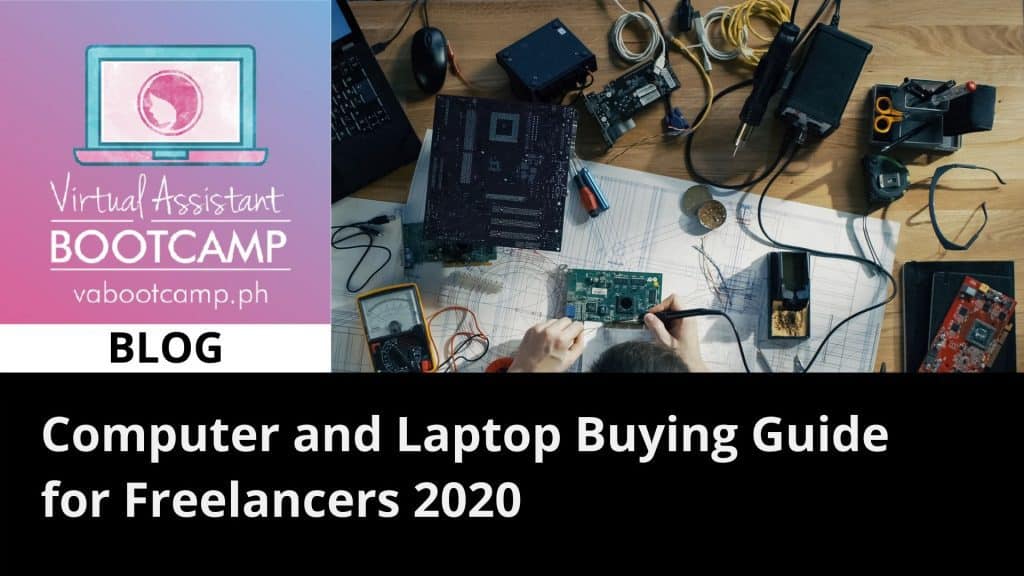
Whether you're new to the world of freelancing or have been freelancing for many years, you know that one of the most important decisions you have to make is choosing which computer to use for your work. "What if the computer I get is too slow? Is it worth it to go for something more expensive?" - these are questions that you don't want to make the wrong choice with.
This guide is here to help you make the right decision - although you might still have questions after this post, so feel free to ask them in the comments below.
First of all…

We all know that you need a computer to start freelancing, but what kind of work you will be doing will help you choose the right computer for you. If you're a video editor, you probably need a higher specced (and more expensive!) computer. A virtual assistant, you should be able to get something cheaper (less than P20k.)
If you're a newbie and not sure what area you'll be focusing on, I recommend getting something suitable for a virtual assistant rather than a video editor. You can always upgrade. Yes, it will be a bit expensive - but the chances of you needing a more powerful computer are small; and since you're still starting out, you shouldn't be spending too much.
Next question
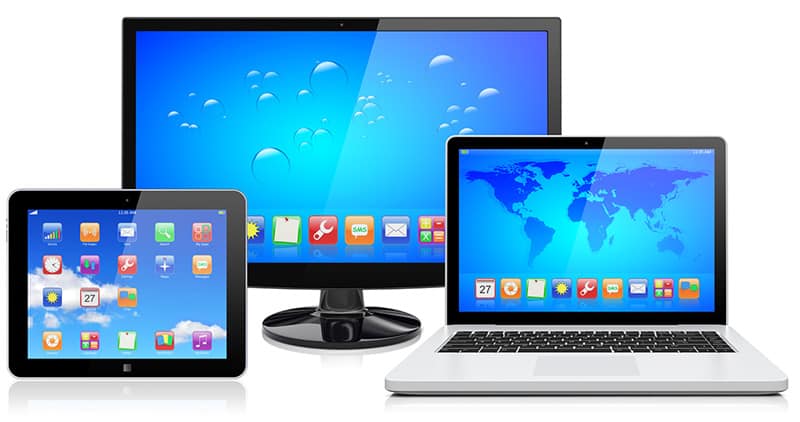
Desktops are generally cheaper and easier to upgrade. While laptops are much more convenient, although a bit more expensive. If you're really looking for the cheapest thing out there, you should get a 2nd hand desktop from an internet cafe and pay a techy friend to help you with the parts. However, of us are willing to pay a bit more for the convenience of a laptop. And as laptops are getting cheaper and cheaper, laptops make a lot of sense.
We have these terms such as RAM, GB, GHz, and so on - but what do all these mean? Well, here's a quick overview:
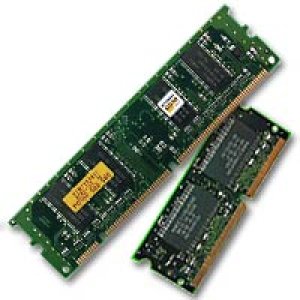
RAM is how much active memory your computer has. Think of this of your conscious mind - how many things you can think about at the same time. In computers, this translates to how many programs or internet tabs/websites you can properly have open at the same time. The more RAM you have, the more things you can keep open at the same time.
Are you going to have Facebook, Upwork, GMail, Canva, Skype, and Microsoft Word open at the same time? You better have the RAM to keep all of them running.
RAM is measured in GB or MB (around 1000MB is equal to 1GB) - and computers usually come with 4GB or 8GB of RAM.
If you can afford it, we HIGHLY recommend getting a computer with at least 8GB of RAM. If you're doing video editing or anything similarly heavy, we recommend at least 16GB of RAM.
Personally, my laptop has 24GB of RAM.
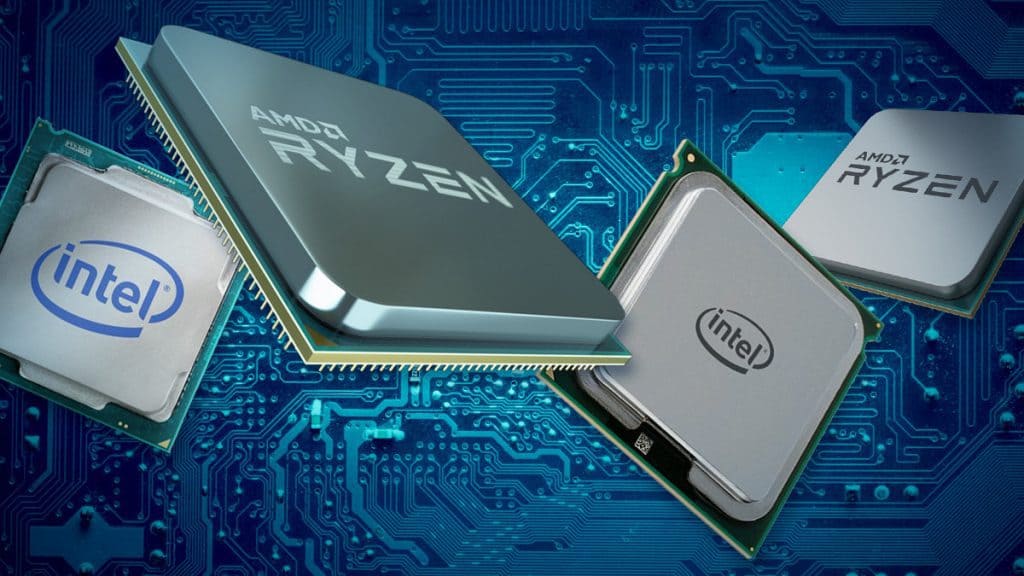
The CPU is otherwise known as the 'brains' of the computer. Going back to the human comparison, While RAM is how many things you can keep in your head at the same time, the CPU determines how fast you can think of something - for example, solve a math problem. In computers, this is how fast operations get done - opening a new program or tab, or changing a color in a picture for example.
CPU is measured with two different things - the number of cores (or threads) and the GHz of each core. If solving a math problem, cores are the number of different calculators you can have solving either a very complex math problem, or different math problems at the same time. Cores are like the number of brains when problem solving. The GHz of each core is how fast each of those calculators (or brains) can make computations.
I know this is a bit confusing, so to keep it simple: the more cores the better. The GHz of each core doesn't matter as much.
Companies have tried to make it simple for us by rating the CPU into categories (in order of speed):
Intel has Pentium, Celeron, Atom, i3, i5, i7, and i9.
AMD has A-series, Ryzen 3, Ryzen 5, Ryzen 7, and Threadrippers.
I won't go into too much detail, but our advice is to focus on either Intel's i-series (i3, i5, i7, i9) or AMD's Ryzen series. If you're a VA, you can stick with 2 cores. If you're a video editor, you'd need something with at least 4 cores.
I personally use a Ryzen 5 quad-core system.
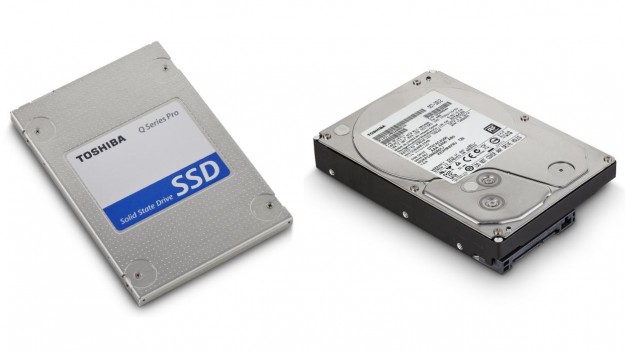
Formerly known as the 'hard drive', storage space determines how many things you can have saved on your computer. In your brain, this is where all your memories are stored. In computers, this is all the applications, pictures, songs, movies, and so on. Nowadays computers come with enough storage for you to do your work (at least 128GB). But if you want to also save movies or are a video editor yourself, you'd probably need more storage.
But the more important point when it comes to storage is NOT the amount of storage you have, but what kind of storage drive you're using. Let me explain…
Think of your storage space as a library of information. If you're using the old technology - HDD, it takes a LONG time for the computer to retrieve things in your memory. Think of a senior citizen librarian trying to find a book in a large library. With the newer technologies - SSD, the librarian just presses a button and the book gets delivered to them immediately. So, you see - even if you have a large library, but a slow librarian, it will take a long time for them to find the book (or launch the application) you need.
The reason why HDDs are still in use though, is that they're cheaper. SSDs are great for accessing information, but if you want to store lots of videos or very large files, it still makes sense to also have an HDD (in addition to an SSD.) SSDs are great for up to usually 512GB of storage, but HDDs are great for several TB of storage (~1000GB = 1TB)
If you're buying a cheaper (or older) computer, chances are you're getting a computer with an HDD. If so, immediately upgrade to an SSD. It's a cheap upgrade and will greatly increase the speed of which you can do your work.
There are other stuff in computers - screen size, screen quality, mouse, keyboard, and so on. They're important, but we're really here to talk about them right now. Focus first on your RAM, CPU, and Storage.
To make things simpler, I've created a summary table of recommendations for you:
| Admin Work | Video Editing/Heavy Work | |
| RAM | 8GB or more | 16GB or more |
| CPU | Dual Core (i3, i5 or Ryzen 3, Ryzen 5) | Quad Core (i5, i7, i9 or Ryzen 5, 7) |
| Storage | 128GB SSD Storage | 512GB SSD Storage + 4TB HDD |
I've got a site where I sell affordable laptops: Gadgetanan.com. There's no need for you to buy from there, but you can use it as a guide as well.
My recommendation for VAs or Admin Work:
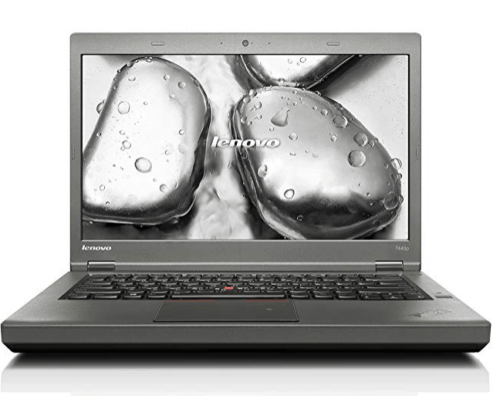
Lenovo Thinkpad T440p (P15k) or
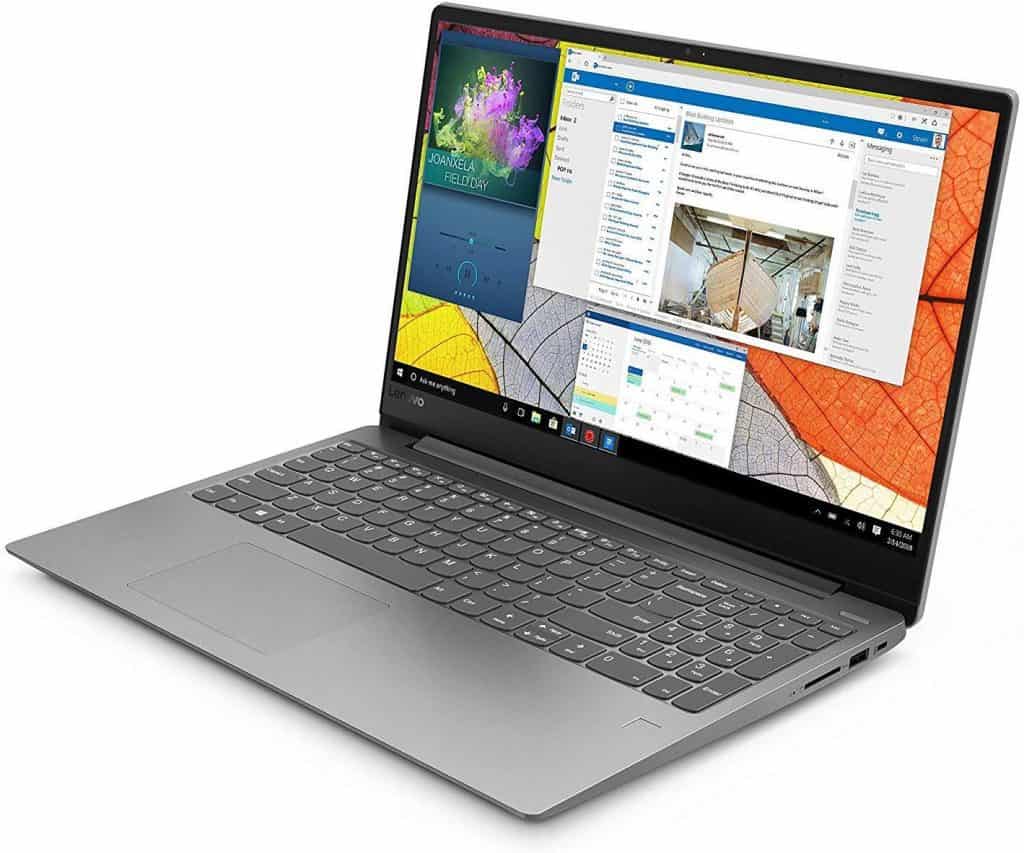
For video editing:
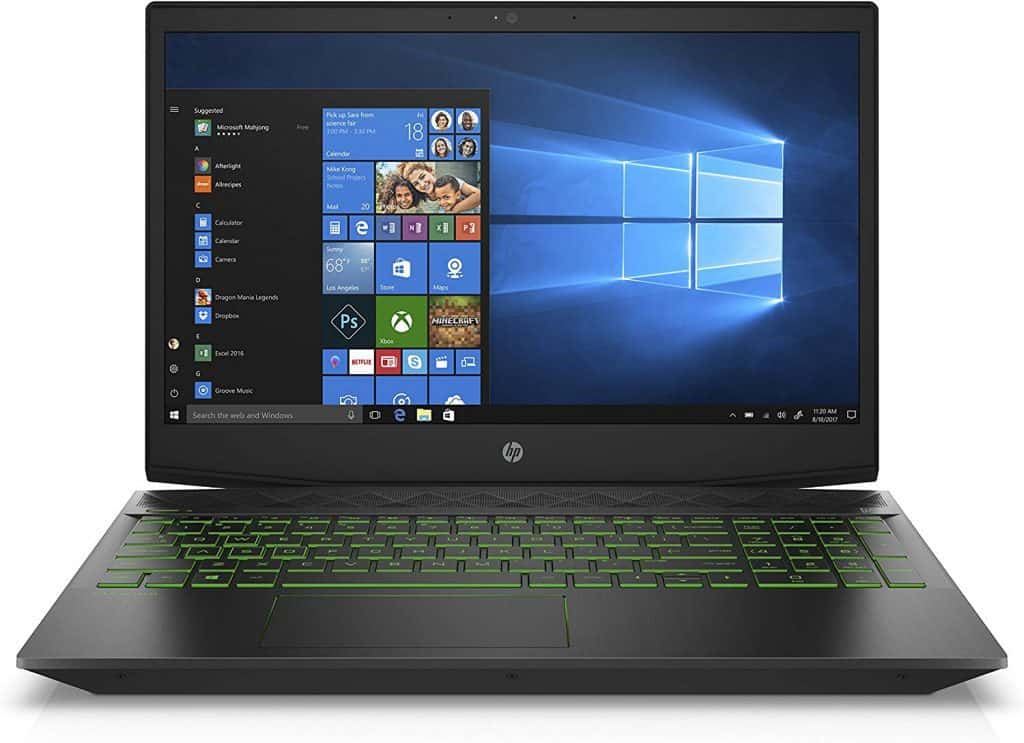
Good evening,
I am very happy listening you here online. Gustong gusto ko na maka pag simular. I want to apply what I have learned from you kaso kulang pa ang cash ko para pang bili nang computer. Pag may computer na ako I will surely enrol sa VA lessons nyo.
Maraming salamat
I think this is a real great blog.Thanks Again. Want more.
I truly appreciate this blog. Keep writing.
Maraming salamat. Malaking tulong sa akin ang information nahatid mo katulad ko na nagpaplano na maging freelancer. Insakto sa mga tanong kung ano ba ang bibilhin ko..
Pagpalain ka ng Poong MayKapal sa paghatid ng walang hanngang tulong sa ibang tao.
Right here is the perfect blog for everyone who wishes to find out about this topic. You understand a whole lot its almost hard to argue with you (not that I really will need to…HaHa). You definitely put a new spin on a subject that's been discussed for decades. Excellent stuff, just wonderful.
I really liked your article.Much thanks again. Great.
You've made some really good points there. I looked on the internet for additional information about the issue and found most individuals will go along with your views on this website.